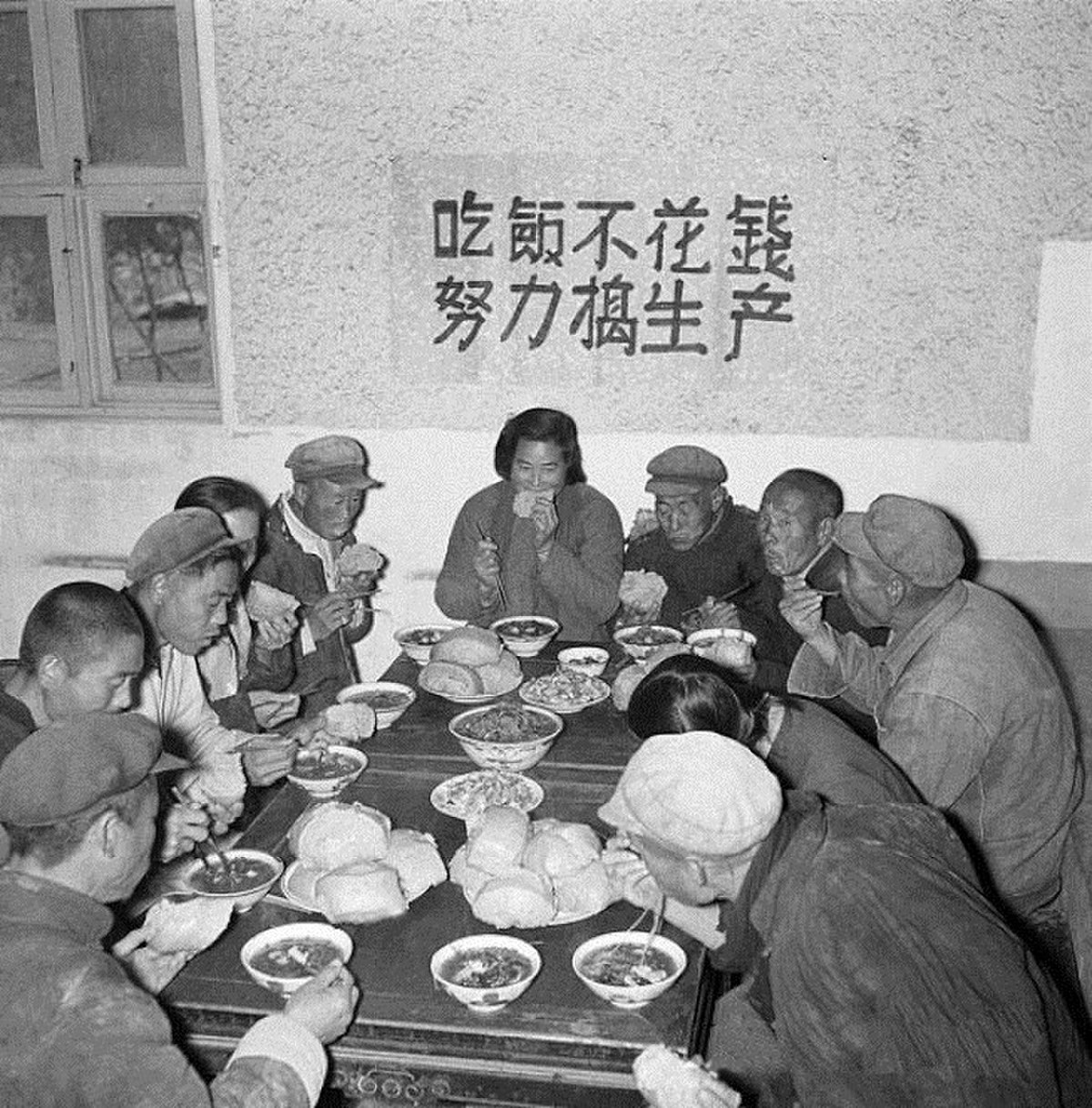
Great Chinese Famine
ChinaThe Great Chinese Famine was a period of extreme famine in the People's Republic of China between 1959 and 1961. It is estimated that between 15 and 45 million people died from starvation, overwork, and disease during this period. This was a result of a combination of natural disasters, including floods and droughts, and man-made disasters, such as the Great Leap Forward.
The Great Leap Forward was an economic and social campaign initiated in 1958 by Mao Zedong, the chairman of the Communist Party of China, to rapidly transform the country from an agrarian economy into a socialist society. The campaign was intended to increase agricultural and industrial production, but it largely failed due to mismanagement and unrealistic goals. The campaign led to a massive disruption of agricultural production, resulting in widespread famine and starvation.
The famine was particularly acute in rural areas, where most of the population lived. Many people were forced to eat whatever food was available, including bark, leaves, and wild grasses. In some areas, people resorted to cannibalism to survive. The Chinese government was slow to respond to the crisis, and estimates of the number of people who died vary widely. The Great Chinese Famine was a devastating event in China’s history, and it serves as a reminder of the dangers of mismanagement of resources and of the need for careful planning and oversight of economic policies.
